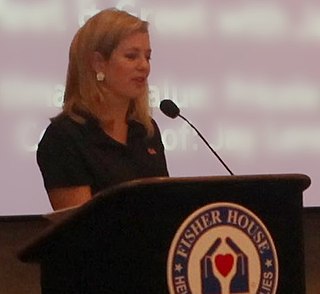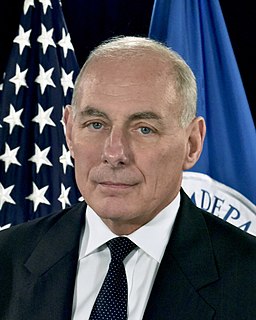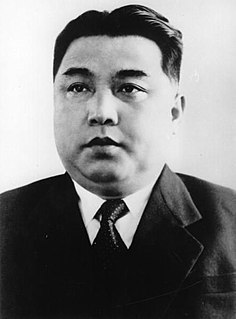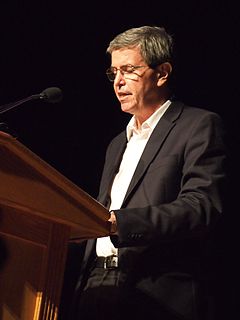A Quote by Nick Turse
Whether I'm trying to figure out what the U.S. military is doing in Latin America or Africa, Afghanistan or Qatar, the response is remarkably uniform - obstruction and obfuscation, hurdles and hindrances. In short, the good old-fashioned military runaround.
Related Quotes
Yes and no. Because America has only about 1 percent of the population serving in the military, it is hard for many civilians to understand the sacrifices military families make. However, my experience is that after the Vietnam War, the public learned that they should support the military whether or not they support the war. You've seen that outpouring of support for the veterans of both Iraq and Afghanistan.
[Barack Obama] is sending more troops [to Afghanistan], but they have also realized that we are not going to win that war through guns and tanks. We have to engage the neighbors, and it is good that there is a non-military strategy in addition to a military strategy. It is, at least, encouraging. Whether it will work or not, the jury is still put.
There are leaks from the Embassy in Honduras. There was a coup in 2009. Obama broke with most of Latin America and even Europe and supported the military coup, still does. The ambassador in Honduras sent back a detailed analysis saying the coup was military, illegal, unconstitutional, and that the legitimate president was thrown out. Okay, we now know that Washington was perfectly aware of that and decided to support the military coup anyway. We should have known that at the time. The government has no right to keep that information secret.
When you innovate no one else can figure out how to do what you're doing because you're too far ahead of them. And the day they do figure out, you're on to the next object, the next widget, the next concept in innovation. And so America has benefited economically from the space race even though it was driven by military.
We do not want to keep our troops in Afghanistan. We see no military - we seek no military bases there. It is agonizing for America to lose our young men and women. It is costly and politically difficult to continue this conflict. We would gladly bring every single one of our troops home if we could be confident that there were not violent extremists in Afghanistan and now Pakistan determined to kill as many Americans as they possibly can.
In Latin America, in the past, it was almost impossible to guarantee democracy. There were military dictatorships, and nowadays there are not so many military dictatorships. Although we have a dictator in Honduras, as a result of a coup, now as a president, he is almost the only one I would say. But again led or managed, gestated by the U.S. government.
On Veterans Day, the country honors those in uniform and the sacrifices they have made across the globe. But as a military spouse who reports on the issues facing military families, I've learned that one of the biggest challenges is when a service member transitions out of the armed forces and into the civilian workforce.








































